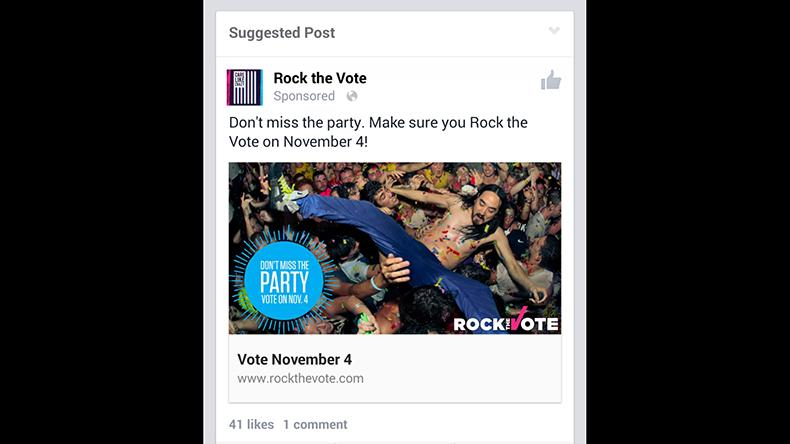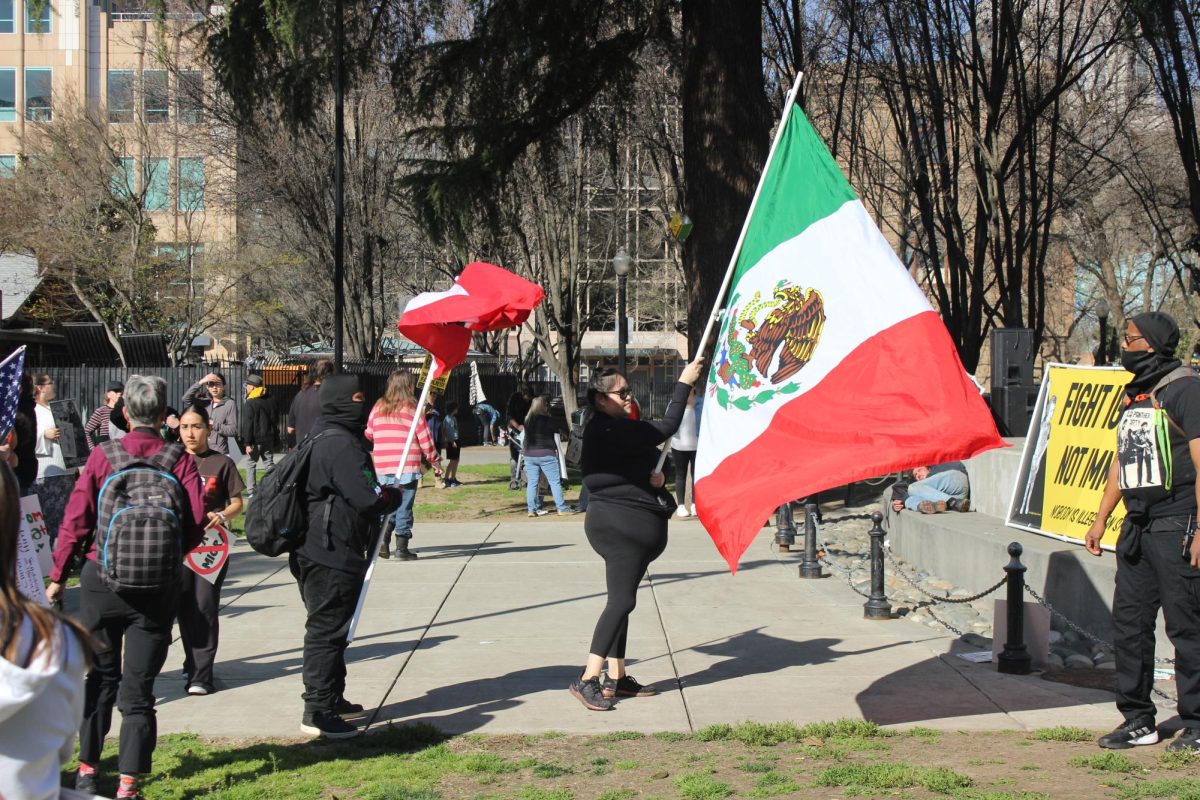What do young people really care about? Getting high, packing heat and questioning what they’re turning down for.
Actually, no. But Rock the Vote might as well have said that with the people it has decided to allow promote their mission of getting young, eligible voters to turn out.
One video from Rock the Vote’s YouTube page, entitled “#TURNOUTFORWHAT,” features rapper Lil’ Jon and multiple other B-list celebrity cameos who use memes and text speak to try to make voting seem hip.
Stop trying to make young voting cool. It will never be cool.
The video did it right by treating voting as a joke, which is what it actually is. And, freakishly enough, young people respond to those type of jokes. It’s the “hipster” effect.
The fact that Young Thug and Rich Homie Quan have been recruited to act like they care about politics only shows their careers are in turmoil and that they are fighting to stay relevant.
If “Rock the Vote” actually got an admirable role model, they might get more college-aged people to vote.
It’s obvious the campaign doesn’t care who is promoting their message, as long as they believe it will reach a young audience.
Based on his top video, Young Thug looks like he would be too high to even properly fill out the voting ballot.
Rich Homie Quan calls women “hoes” in his most popular music video, while the “#TURNOUTFORWHAT” video has people saying they’re turning out to vote for women’s rights.
This campaign is insulting our intelligence.
The key to getting young people interested in voting is not through trying to relate to them, it’s actually having the right candidates.
To make a difference in voting turnout, give us different politicians.















Brad Carps • Nov 10, 2014 at 12:07 pm
Making a difference in young voter turnout is more complicated than simply nominating candidates we like or who represent us. Ballots are full of deceptive, confusing language. Voting itself is optional and time-consuming. Representatives lack power to institute meaningful structural change, even though they run on optimistic platforms of such promises. Young voters should be expected to be pessimistic. Instead of showing idiotic celebrities, perhaps a “this is how not voting impacts you” campaign would be more useful. For example: the elderly tend to vote most, and candidates pay the most attention to the loudest voter blocs. Thus, most do not care about issues that affect ARC students, such as rising college costs and Pell grant cuts.